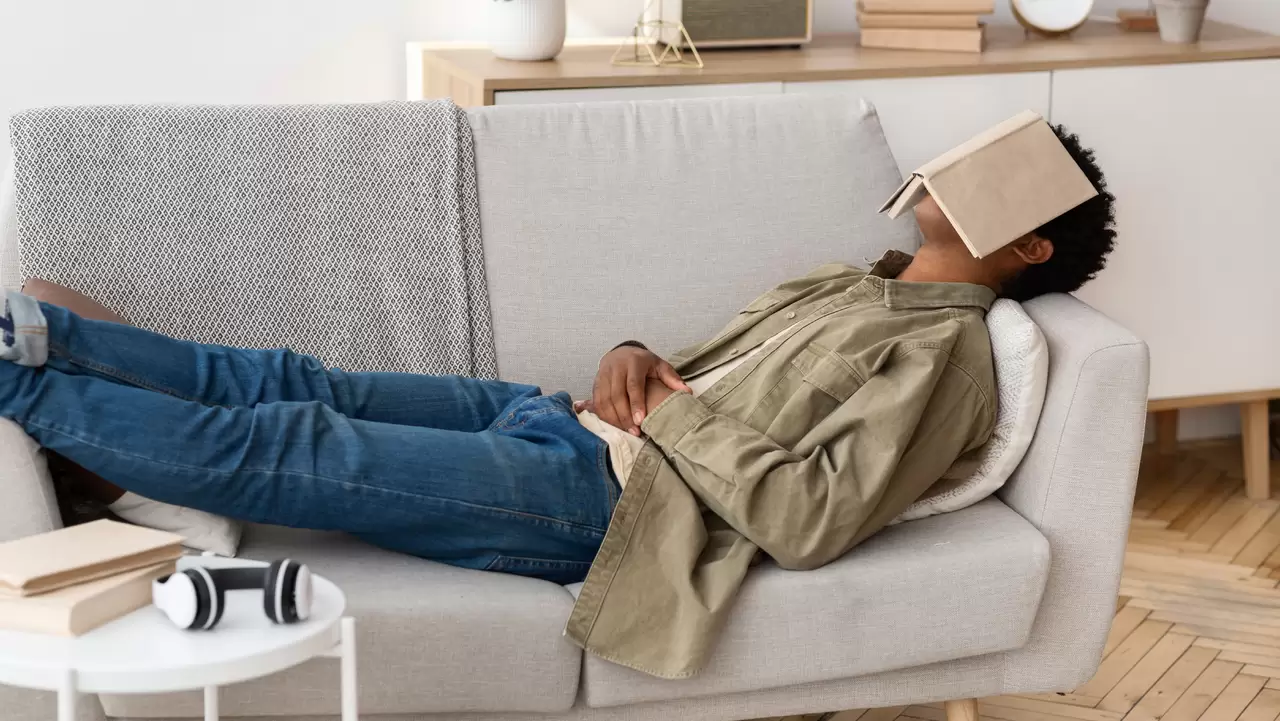
Don’t snooze on uncovering these benefits and drawbacks of napping.
Remember when you were a child and you used to take naps each day? You would wake up refreshed and ready to tackle the world again once your eyes were open. As an adult, napping is not nearly as commonplace, but there may be benefits to taking a short snooze in the middle of the day.
The key to making a nap a good thing, rather than something that drags you down, is to understand how to get the most out of a nap. This includes the right time to nap and how long your brief shut-eye should last. While napping isn’t for everyone, the benefits of a short snooze may be just what you need on occasion, or even every day.
Here are some of the benefits and drawbacks of napping, as well as tips to make a nap work for you instead of against you.
Benefits of Napping
Some people find that napping offers a variety of benefits, including:
- Reduced fatigue: If you are sleep-deprived or find yourself dragging, a short nap may improve energy levels and make you less tired.
- Better performance: A short nap can improve alertness, reaction time and cognitive function.
- Enhanced memory: Napping can help to improve memory consolidation, which is the process of transferring information from short-term to long-term memory.
- Lower risk of accidents: Taking a nap may reduce the risk of accidents caused by being tired, such as when driving or operating machinery.
- Improved mood: Some people find that naps help reduce stress and make them feel happier.
Drawbacks of Napping
Before you decide whether to fit a daily nap into your schedule, here are a few things to consider:
- Napping may make it harder to sleep at night: Napping too long or too late in the day can interfere with nighttime sleep. This is because naps can delay the production of melatonin, a hormone that helps to regulate sleep-wake cycles.
- You may wake up feeling groggy: Some people find they feel groggy after waking up from a nap – this is referred to as sleep inertia. It may take a little time before you feel fully alert and energized.
- There may be an increased risk of chronic diseases: Some studies have linked long or frequent napping to an increased risk of chronic diseases such as heart disease, stroke and diabetes. However, more research is needed to confirm if there is a direct cause-and-effect relationship between napping and these diseases.
Tips for Napping
If you are considering napping, here are a few things to do to get the most out of your nap:
- Keep your naps short and sweet: Aim for a nap that is 30 minutes or less. Longer naps may leave you feeling groggy and may interfere with nighttime sleep.
- Nap early in the afternoon: Avoid napping too late in the day, as this can make it harder to sleep at night. The best time to nap is between 1 pm and 3 pm.
- Set an alarm: To avoid napping for too long, set an alarm to make sure you wake up.
If you are often sleepy during the day, despite getting adequate rest at night, talk to a doctor. There are many causes of daytime sleepiness, from underlying health issues and medication side effects to depression and mood disorders. Addressing the root cause of your sleepiness will help you feel more energized than just taking a nap, which is only a temporary fix.
Copyright 2023 © Baldwin Publishing, Inc. Health eCooks® is a registered trademark of Baldwin Publishing, Inc. Cook eKitchen™ is a designated trademark of Baldwin Publishing, Inc. Any duplication or distribution of the information contained herein without the express approval of Baldwin Publishing, Inc. is strictly prohibited.
Date Last Reviewed: October 19, 2023
Editorial Review: Andrea Cohen, Editorial Director, Baldwin Publishing, Inc. Contact Editor
Medical Review: Perry Pitkow, MD
Learn more about Baldwin Publishing Inc. editorial policy, privacy policy, ADA compliance and sponsorship policy.
No information provided by Baldwin Publishing, Inc. in any article is a substitute for medical advice or treatment for any medical condition. Baldwin Publishing, Inc. strongly suggests that you use this information in consultation with your doctor or other health professional. Use or viewing of any Baldwin Publishing, Inc. article signifies your understanding and agreement to the disclaimer and acceptance of these terms of use.